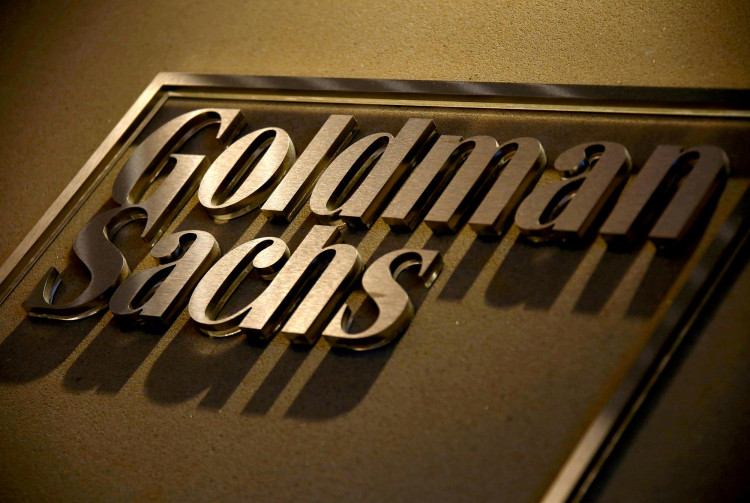Goldman Sachs reported a remarkable 150% surge in its second-quarter profits, marking a significant rebound in its investment banking activities. The Wall Street giant's net income for the quarter reached $3.04 billion, exceeding analyst expectations, while total revenues rose by 17% to $12.73 billion. This financial boost provides CEO David Solomon with much-needed momentum after what he described as his most challenging year at the helm. Last year, Goldman Sachs struggled with a dealmaking slump, a costly exit from consumer banking, and several high-profile departures.
The bank's stock, which has climbed 24% year to date, rose over 1% in Monday morning trading, reflecting investor confidence. "We are in the early innings of a capital markets and M&A recovery," Solomon said during a conference call with analysts. He emphasized that while certain transaction volumes remain below average, Goldman Sachs is well-positioned to benefit from the resurgence in market activity.
Goldman Sachs is not alone in experiencing this rebound. Other major banks, including JPMorgan Chase, Wells Fargo, and Citigroup, also reported significant revenue increases in their second-quarter earnings, driven by a revival in investment banking. This revival has provided a boost at a time when these banks face rising challenges in their consumer operations. Goldman Sachs, with its heavy reliance on Wall Street performance, saw its investment banking fees rise by 21% from a year ago to $1.7 billion, driven by increases in debt and equity underwriting and a 7% rise in advisory fees.
Despite a 17% drop in investment banking performance compared to the first quarter, the second-quarter earnings were propelled by better-than-expected trading results and increased focus on asset and wealth management. Fixed-income trading revenue rose 17% year over year, and asset and wealth management revenues increased by 27%. The firm also addressed its decision to challenge the results of the Federal Reserve's latest annual stress test, which called for an increase in Goldman's stress capital buffer. CFO Dennis Coleman noted that the firm plans to moderate its pace of stock buybacks in light of this expected increase. Solomon added, "Given this discrepancy, we are engaging with our regulators to better understand its determinations."
In response to the profit surge, Goldman Sachs has increased banker pay and bonuses by 17%. The firm spent $4.2 billion on compensation and benefits for its 45,300 staff in the three months to June, a nearly 20% increase from the same period last year. This figure includes salaries, pensions, and bonuses distributed at the end of the financial year. Overall, Goldman has spent $8.8 billion on compensation and benefits for staff since January, reflecting what the bank described as "improved operating performance."
Financial filings show that Goldman's profits surged to $3 billion in the second quarter, up from $1.2 billion last year. Profits were boosted by a jump in business deals, with investment bankers facilitating a new wave of mergers and acquisitions, including ExxonMobil's $60 billion takeover of Pioneer Natural Resources. David Solomon expressed satisfaction with the bank's performance, saying, "We are pleased with our solid second-quarter results and our overall performance in the first half of the year, reflecting strong year-on-year growth in both global banking and markets and asset and wealth management."
Investment bankers are emerging from a two-year slump in dealmaking, which was affected by high borrowing rates and economic uncertainty. A brighter economic outlook and expectations of interest rate cuts by central banks have boosted demand for services from banks like Goldman Sachs. This improved outlook is expected to translate into larger bonuses, especially for Goldman's UK staff, who will no longer be bound by a banker bonus cap that previously limited bonuses to twice the individual's salary. This cap was part of post-2007-08 financial crisis reforms aimed at curbing excessive risk-taking.
Richard Gnodde, CEO of Goldman Sachs International, announced changes to the bank's pay structure in May, allowing hundreds of its highest-earning staff to earn bonuses up to 25 times their salaries. This adjustment reflects Goldman's confidence in its future growth prospects and its commitment to rewarding top performers.






